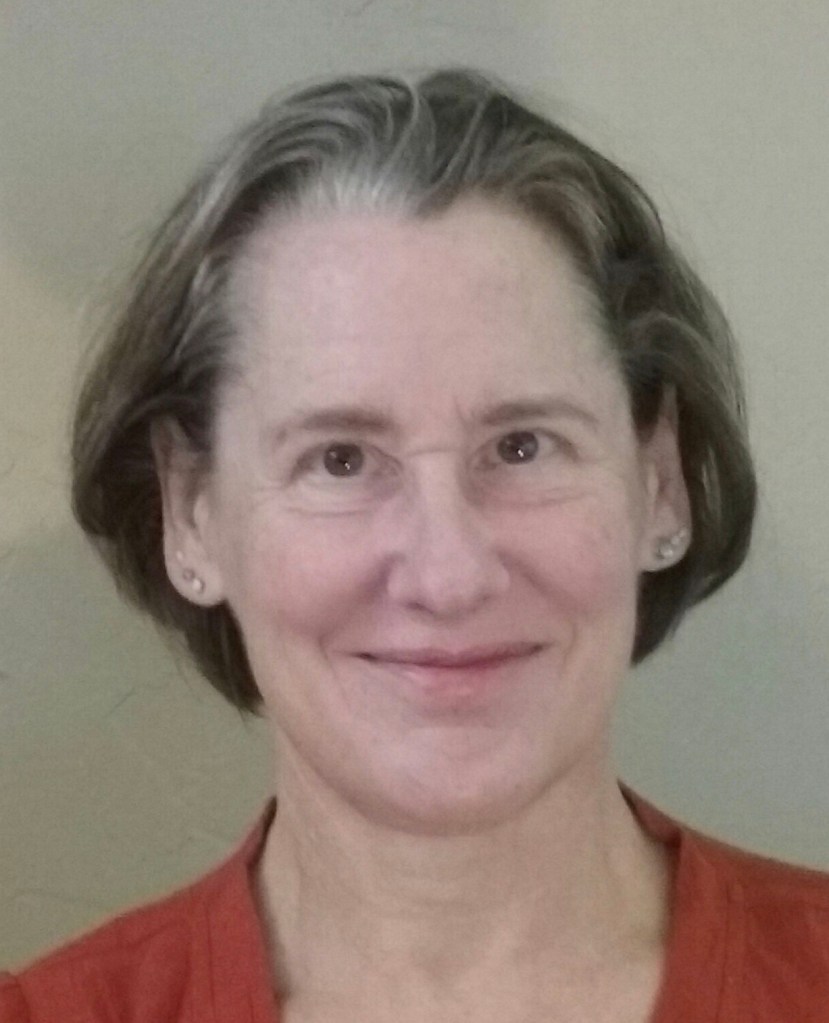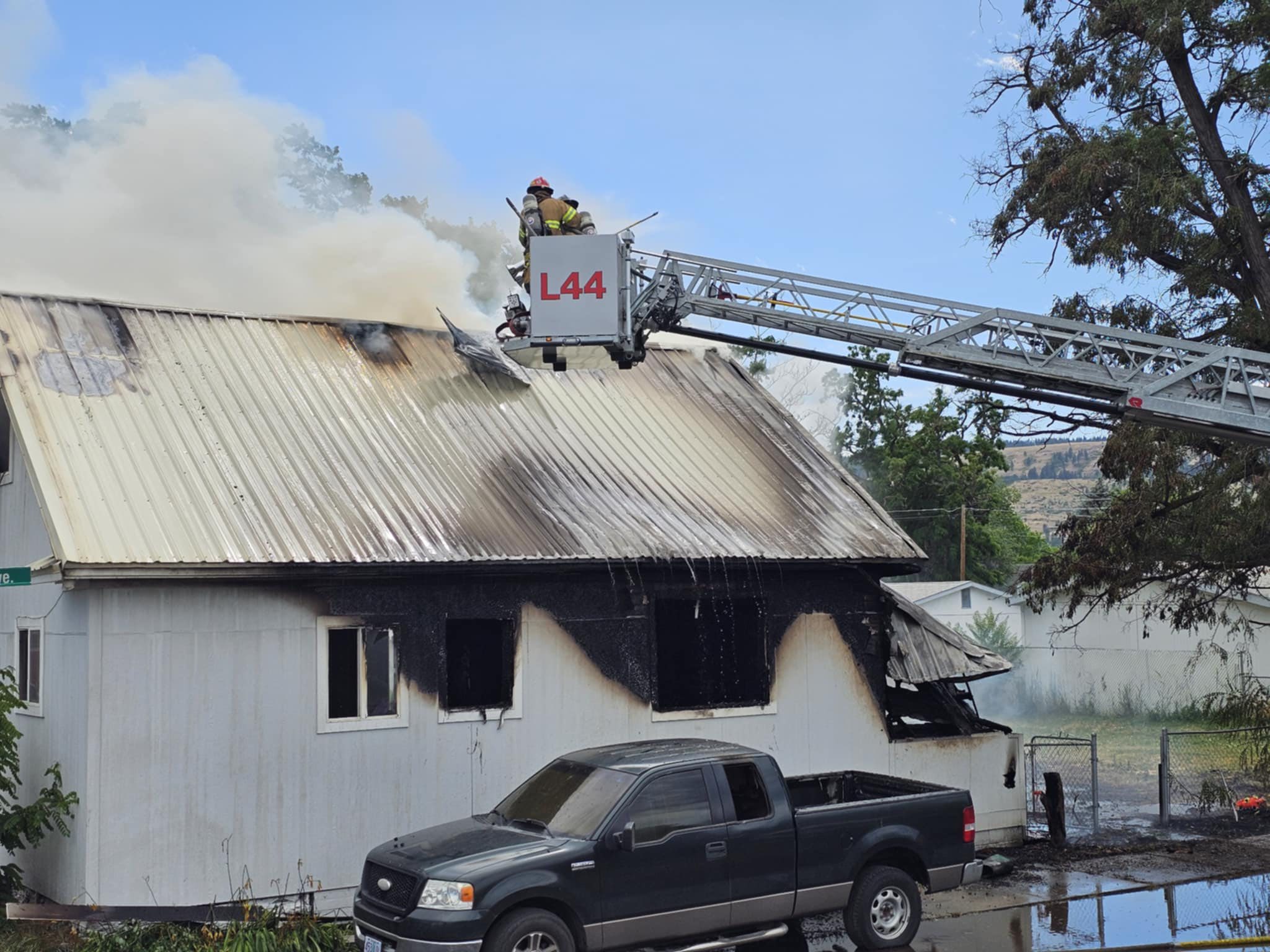Thinking out loud: Russian opposition leader paid high price for his dissent
Published 5:00 am Saturday, March 9, 2024

- Morrison
Recently, we learned of the death of Russian opposition leader Alexei Navalny. Navalny died under still-undisclosed circumstances at Russia’s most inaccessible Arctic prison.
Navalny founded and led opposition groups, organized demonstrations, and ran for office — including against Russian President Vladimir Putin himself. In 2010, he posted leaked documents about a $4 billion embezzlement at the state-controlled pipeline transport company, Transneft. He had a YouTube channel with millions of followers, and openly criticized the Putin government and its specific officials. He generated attention and support inside Russia and beyond its borders.
Navalny paid a high price for his dissent. Beginning in 2013, he was prosecuted repeatedly, receiving ever-longer prison sentences. He survived more than one attempt on his life. In 2020, he was evacuated to Germany for lifesaving treatment after being poisoned with a nerve agent known to be used by the Russian government. In 2021, Navalny returned to Russia — fully aware of the reception he would face.
Although the European Court of Human Rights had ruled his conviction unlawful, and Russia had been forced to pay him compensation, he was immediately charged with violating parole conditions for failing to register in person while being hospitalized in Germany. Navalny and his lawyers argued that because he was recovering in Germany, he couldn’t register in person as required. But in 2022, Navalny was sentenced to nine years in prison.
Navalny used even his own court proceedings as a stage for protesting the Putin regime and its actions. “I have deeply offended (Putin) simply by surviving the assassination attempt that he ordered,” Navalny said. “The aim of that hearing is to scare a great number of people.
“You can’t jail millions. You can’t jail the entire country.”
Even from prison, Navalny continued to protest the Putin government, and in 2023, he was sentenced to an additional 19 years for “extremist” activities. He commented, “I understand perfectly that, like many political prisoners, I’m serving a life sentence, which will be measured by the length of my life or the length of life of this regime.”
In December, Navalny was transferred to Russia’s most isolated, northernmost prison, known for such treatment as holding prisoners naked or in wet clothes, in cold cells, or locked for extended periods of time in a fetal position. Navalny’s allies repeatedly told officials that his health was deteriorating and — suspecting possible poisoning — demanded toxicology and other tests for severe pain and multiple seizures.
Before his death, Navalny was ill, lost significant weight, and reported that he had had been forced to spend more than two and a half hours in outdoor solitary confinement where Arctic temperatures routinely drop below zero.
Navalny stands as a reminder that just as there are always people with the capacity for evil and extreme destructiveness, there are also people who have the courage and the selflessness to sacrifice everything for the greater good of other people. Putin and Navalny represent polar opposites — the difference between a man who would destroy anyone and anything if it benefited himself, and a man who would sacrifice himself if it might benefit others.
There are warnings for all of us in Navalny’s story.
An entire system, composed of thousands of individual actors, implemented his fate. Whether through acquiescence or active cooperation, everyday police officers and secretaries, guards and chemists, prosecutors, judges and wardens participated in his fate. Railroad engineers working a day job transported him. Punctual administrators documented his arrivals and departures.
Somebody devised the terms of his imprisonment.
Somebody carried out those orders.
Navalny’s story contains a lesson that the world keeps being taught, and never quite seems to learn: In every oppressive regime, and for every brutal dictator, there will be countless individuals who act against their own conscience, motivated by greed, the desire to gain favor, or who keep their heads down, afraid of taking a stand in opposition.
Navalny was aware of this fact. He urged Russians to resist the government using even the smallest, most mundane actions. “There is no shame in choosing the safest way to resist. The shame is in doing nothing, in letting yourself be intimidated.”
Navalny’s story may seem very far from Eastern Oregon, and may not seem to touch our own lives. But this — Putin’s government — is something that some Americans today would have no difficulty being aligned with.
The more open and brutal the oppressor, the more widely he sows the seeds of resistance … and eventually, of his own destruction.









